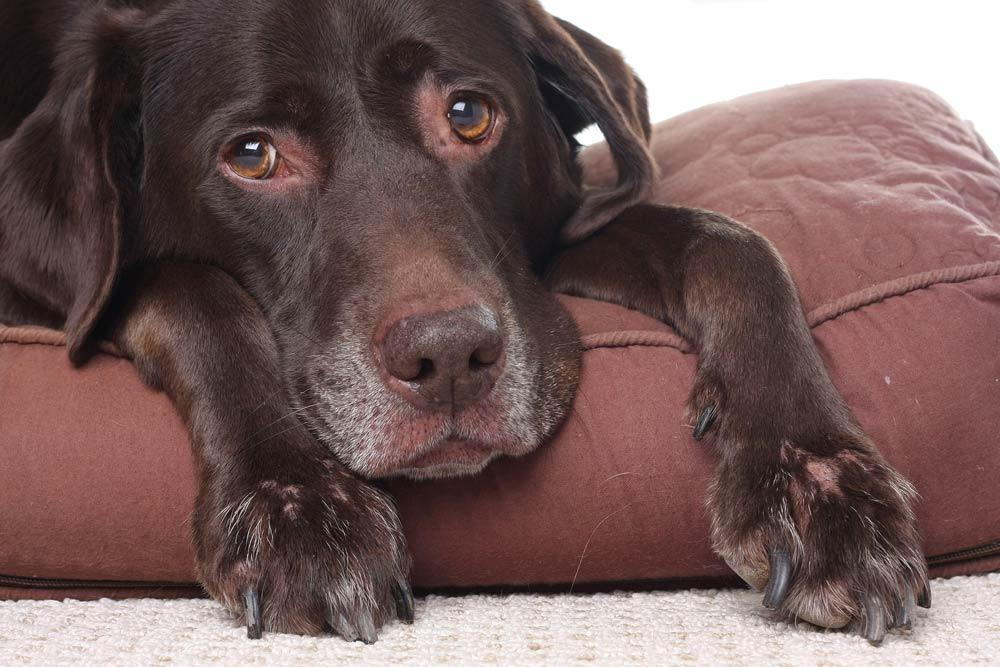
Several strains of Leptospira bacteria can cause leptospirosis. This disease is zoonotic, meaning it can spread from animals to humans. When humans are infected with leptospirosis, it generally causes flu-like symptoms and may cause kidney or liver damage. Leptospirosis is most common in areas with high annual rainfalls and warmer climates. However, it can occur anywhere.
Dogs are most susceptible to Leptospirosis. Dogs who drink water from lakes, rivers, and streams, who roam on rural land, and have contact with rodents are the most likely to come down with Leptospirosis. If your pet is displaying symptoms of Leptospirosis, it is important to take them to the veterinarian as soon as possible. At Danforth Animal Hospital, we have provided residents of Guthrie, Oklahoma City, and Edmond, OK, with reliable pet care services for many years. This includes the diagnosis and treatment of leptospirosis.
Signs and Symptoms
The disease affects young animals more often than old animals. If you suspect your pet is suffering from leptospirosis, contact an animal clinic to have them examined by a veterinarian as soon as possible. Without treatment, leptospirosis may lead to meningitis, kidney damage, respiratory distress, and possibly death. Symptoms of the disease include:
- Vomiting
- Fever
- Diarrhea
- Abdominal pain
- Loss of appetite
- Stiffness
- Extreme depression and weakness
- Severe muscle pain
- Lethargy
- Jaundice
- Painful inflammation around the eyes
Leptospirosis is typically treated with supportive care and antibiotics. When the disease is aggressively treated early on, there is a good chance for recovery. There is currently a vaccine available to prevent leptospirosis in dogs. Speak with an animal care professional for more details.
Leptospirosis Treatment in Oklahoma City, Guthrie, and Edmond, OK
Call Danforth Animal Hospital today at (405) 340-1020 for more information on leptospirosis prevention or to schedule an appointment with our veterinarian.
